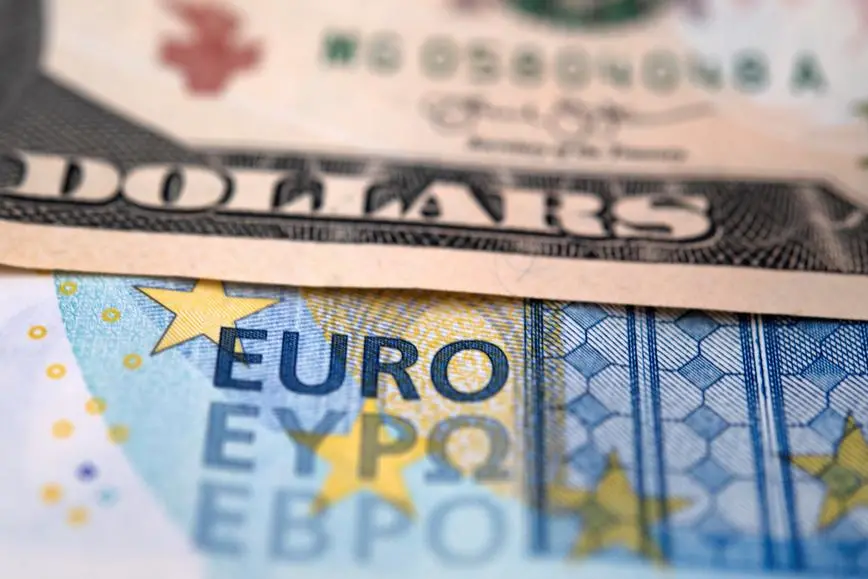PHOTO
African countries are casting a worried eye as the West pumps aid into Ukraine, sensing a retreat in pledges to help their development and fight climate change.
According to the Paris-based Organisation for Economic Cooperation and Development (OECD), assistance for Ukraine in 2022 shot up to $16 billion, compared to less than a billion a year earlier, while that for Africa fell by eight percent to $29 billion.
Supporters of Ukraine say the help is vital for shoring up a country whose collapse would send shockwaves across Europe and beyond. Ukraine's economy contracted by almost a third last year.
But in many African countries, sympathy is starting to mingle with mutterings.
At a joint meeting in April of the International Monetary Fund (IMF) and World Bank in Washington, "African countries expressed fears of a double standard on international aid," a French government source told AFP.
The war in Ukraine "lays bare the real face of the great powers in their action with regard to" Africa, a diplomat in Benin told AFP this week, ahead of a conference in Paris on poverty and climate funding.
Africa, the source said, was being "abandoned".
As soon as Russia invaded its neighbour, the aid spigot for Ukraine was wrenched open.
On February 24, 2022, Ukraine's allies put together pledges totalling just over $150 billion, according to the German-based Kiel Institute for the World Economy (IfW).
On Tuesday, the European Union's executive Commission proposed an additional $50 billion in assistance for embattled Kyiv.
As much as $411 billion could be added to the pot, according to World Bank figures, at a conference in London on Wednesday on Ukraine's future reconstruction.
Many of the promises take the form of military aid, which is understandable at a time of war. But the colossal scale, unlike anything seen in Europe in decades, is raising eyebrows.
"You see these enormous sums which at one time were considered an impossibility and which these days are considered possible," Niger's foreign minister, Hassoumi Massoudou, told AFP.
This, he said, demonstrated that "resources and mechanisms exist" that could also be used to channel money to Africa.
Rich countries are already under fire for failing to uphold a pledge dating back to the 2009 UN climate conference in Copenhagen to muster $100 billion a year for countries in the firing line of climate change.
- 'Crisis of confidence' -
Also awaiting implementation is a 2021 pledge by the G20 to recycle $100 billion in IMF special drawing rights (SDRs) from rich countries to vulnerable economies.
And there is a question mark about funding for "loss and damage" for poor countries hit by climate change -- a mechanism that was the highlight of last year's COP27 in Sharm el-Sheikh, Egypt.
"There's a crisis of confidence" between donors and developing countries, said Elise Dufief, a researcher at France's Institute of Sustainable Development and International Relations (IDDRI).
"When you see the crisis in Ukraine or North American banks which go bankrupt, the response comes very quickly."
A Zambian government official, who preferred not to be named, said the war in Ukraine underscored the need for Africa to become more self-sufficient and less reliant on western support.
"There are conflicts in northern Congo, conflicts in Sudan and other parts of Africa, but the support Ukraine is getting from western countries is unprecedented," the official said.
"The West has focused on supporting European countries. It's time the African Union organised the African countries."





















